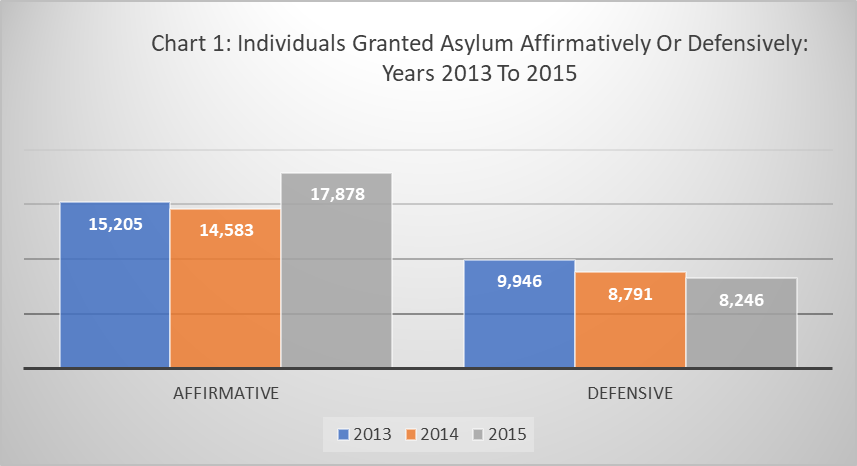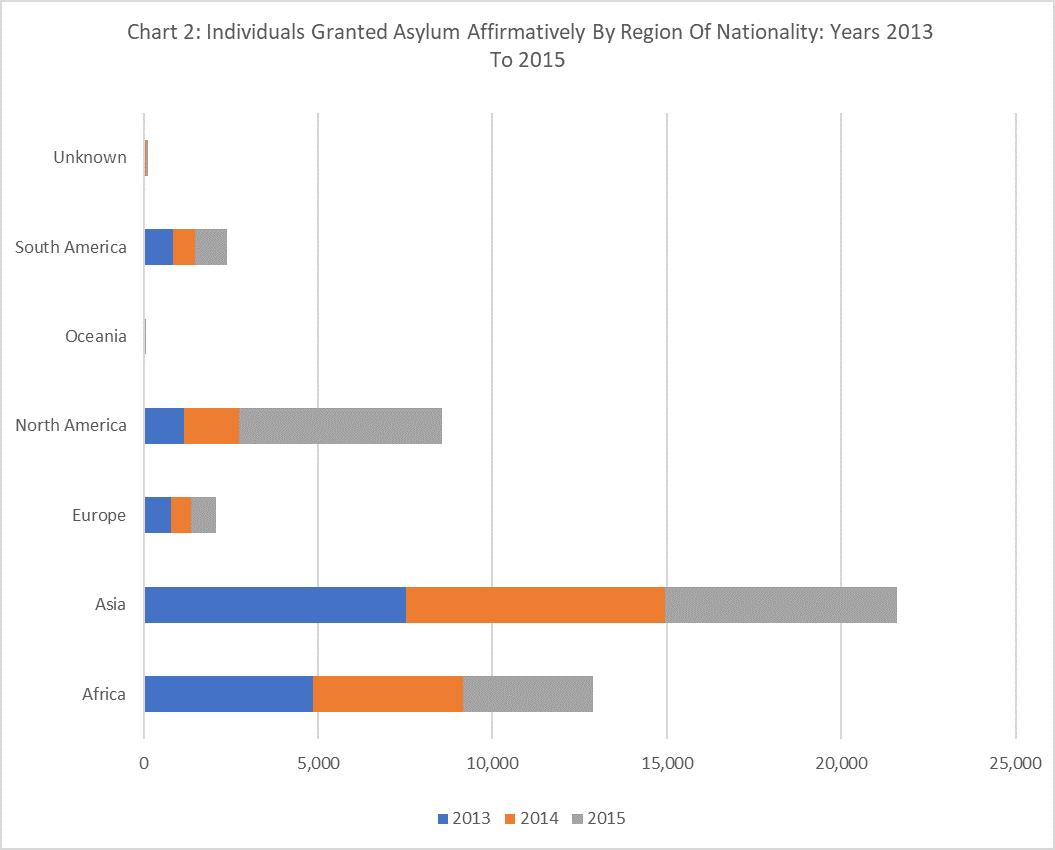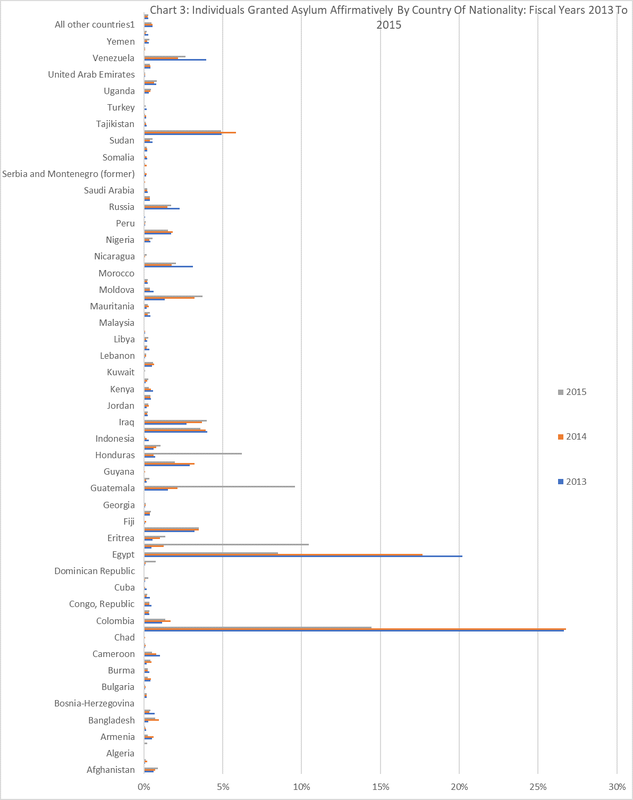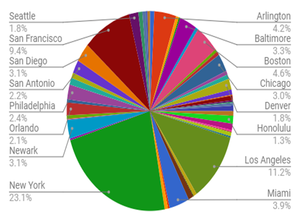This past Friday, Ireland voted decisively to repeal one of the world’s more restrictive abortion bans. The vote repealed the Eighth Amendment of the Constitution — a measure that conferred equal rights to the fetus and the mother, and banned abortion under almost all circumstances. Despite this victory for women’s reproductive rights, there are still five countries in the world where abortion, or the deliberate interruption of a pregnancy, is criminalized under all circumstances: El Salvador, Nicaragua, Dominican Republic, Malta and the Holy See. Even in the case of rape, incest, the non-viability of the fetus or when the mother's life is at risk, women in these countries have to take their pregnancies to term. Otherwise, they can face up to 50 years in prison.
In El Salvador, for example, according to the Penal Code all forms of abortion are punishable by up to ten years’ imprisonment. However, prosecutors in this country charge women whose pregnancies exceed 20 weeks of gestation with aggravated homicide. An offense punishable by thirty to fifty years of imprisonment. Today, there over 20 women in El Salvador serving prison sentences of up to 40 years for having interrupted their pregnancies. Most of these women claim they had a miscarriage. Some, allege not even knowing they were pregnant. These laws disproportionately punish poor and uneducated women. Meanwhile, other women are able to get around the law by going to private clinics or to a neighboring country where this practice is permitted and performed safely, and have abortions in secret. Poor women simply do not have this option.
Sweden was the first country in the world to grant asylum to a woman fleeing criminal prosecution for having an alleged abortion. María Teresa Rivera was arrested in El Salvador, accused of having an abortion and sentenced to 40 years in prison on the charge of aggravated homicide. She claims having had a miscarriage and not knowing she was pregnant. Sweden granted her asylum on the basis of persecution on the account of political opinion. The Swedish Migration Agency declared that the nature of the treatment Maria Teresa suffered—specifically the time she served in prison, the sentence she was given, and the dangers she would experience if she returned to El Salvador—were “severe enough to qualify as persecution.” It also ruled that there was no “good reason to assume that the treatment she endured in the past will not be repeated.”
In the United States, the Immigration and Nationality Act (INA) of 1965 in section 101(a)(42) defines refugees as those individuals who are outside their country of nationality and are unable or unwilling to return to that country because of persecution or a well-founded fear of persecution on the account of race, religion, nationality, membership to a particular social group (PSG) or political opinion.
From this definition we could say that women like Maria Teresa - from El Salvador or from any of the other countries with an absolute ban on abortion - could be granted asylum in the U.S. on the basis of political opinion, or on the basis of their membership to the following PSGs: (1) (insert nationality) pregnant women who are forced to bring their pregnancies to term when this implies a risk to their own lives and (2) (insert nationality) women facing criminal prosecution for ending their pregnancy.
Briefly, to establish the existence of a PSG we would need to show that the group in question is i) immutable, or that the group possesses a characteristic that cannot be changed or is intrinsic to the identity of the group, ii) particular, in so that it is clear who belongs to it and who does not, and iii) socially distinct, or in other words that society views it as a group.
If and once these PSGs are established, women would have to prove that belonging to either one of these groups made them have a credible and well-founded fear of persecution. The source of this fear could be having been a victim of persecution in the past or proving that there are strong indications that they would be victims of it in the future. In other words, women would have to show what has happened or is happening to women in their same situation, how that amounts to or constitutes persecution and why they, specifically, believe they would undoubtedly be victims of such persecution.
For the first group, past persecution can be demonstrated by the fact that a woman is “forced” to take her pregnancy to term even when this implied a severe - and potentially absolute - risk to her own life. By the State not giving her a choice or the tools and resources to at least try to save her life, one could say the State forced the woman to sacrifice her own life. For the second group, and similar to the case in Sweden, persecution could materialize itself in a criminal charge for abortion (or aggravated homicide resulting from an abortion) and imminent jail sentencing. In both cases, it would be important to prove that there is no indication that such treatments would cease in the future, and that thereby the persecution is on-going and inevitable.
An interesting comparison could be made with the cases involving Chinese women who were granted asylum in the United States on the basis of political opinion for having been forced to terminate a pregnancy or undergo involuntary sterilization in China. In fact, in 1996 the definition of refugee was expanded to include the following paragraph:
For purposes of determinations under this chapter, a person who has been forced to abort a pregnancy or to undergo involuntary sterilization, or who has been persecuted for failure or refusal to undergo such a procedure or for other resistance to a coercive population control program, shall be deemed to have been persecuted on account of political opinion, and a person who has a well founded fear that he or she will be forced to undergo such a procedure or subject to persecution for such failure, refusal, or resistance shall be deemed to have a well founded fear of persecution on account of political opinion.
The expression “coercive population control program” is the key here. U.S. Case Law has not yet defined this, and therefore one could hypothetically argue that countries that criminalize all forms of pregnancy terminations employ a population control program, and by strictly enforce these laws they make it coercive. Applying the same logic than in In re J-H-S-, 24 I&N Dec. 196 (BIA 2007), women would have to 1) prove that there is a “family planning policy” prohibiting all pregnancy interruptions, 2) prove that they in fact violated said “policy” by terminating a pregnancy (voluntarily or involuntarily), via medical records, for example and 3) prove that such violation would be punished in a way that would give rise to objective fear (to the levels of persecution which could be physical or mental coercion). If they can do that, persecution would be established, and potentially, asylum could be granted.








 RSS Feed
RSS Feed
